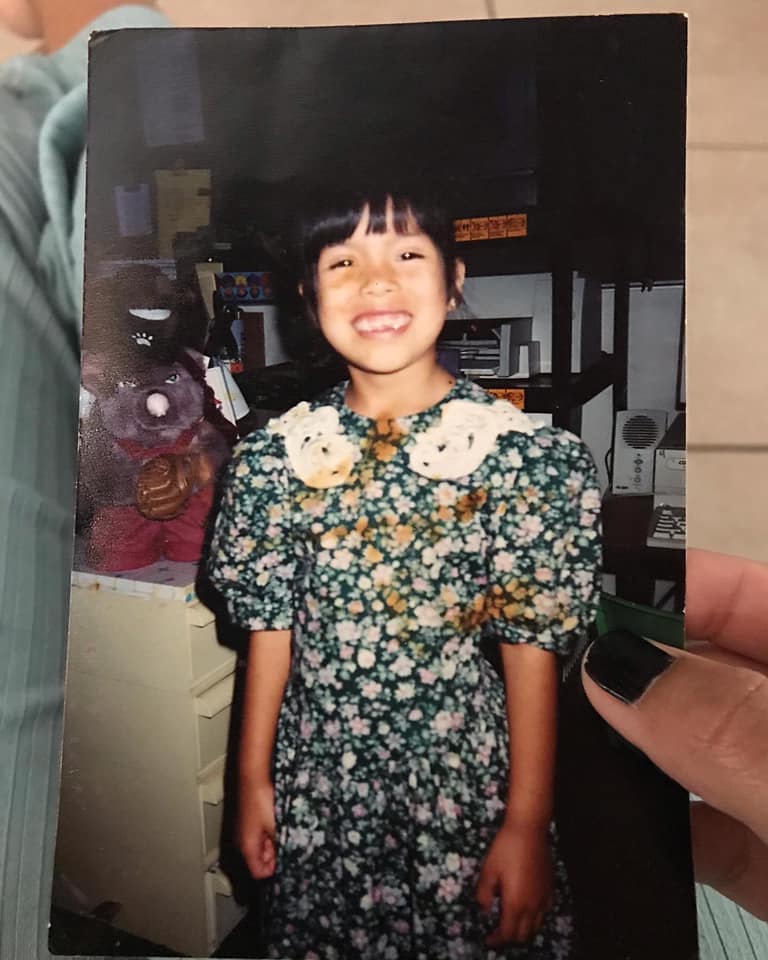|
Our eldest sons were born at home with help from my husband. He was a big help when it came to the birthing process and taking care of me afterwards. In Guatemala, it’s customary to have home births. We went to the hospital this time for our baby boy, but it was all so different for us.
Our family lived in a small Guatemalan town surrounded by mountains and limited opportunities. Mateo and I met as kids through our families since we lived in neighboring towns. Both of our dads were absent in our lives and our childhood was tough because of it. I never got a chance to go to school because my family didn’t have money to pay for schooling and Mateo only finished second grade. Before we moved here, our oldest son only attended 4 years of school. We had to wait until he was 9 years old because we couldn’t afford it before, but it was hard to decide which of our kids we could send. We’re so happy all our children can go to school here without us worrying about which child to send to school. Life hasn’t been easy here, but we’re happy there is always work. In Guatemala, we never knew when we could work. My husband picked coffee beans and did some work as a handy man, but it was only enough to get by. I sold handmade purses and bracelets I used to crochet. As a little girl, I would sit and watch the older women in my family do the same. We miss having our mom and family surrounding us, but when you have your own family, that is your focus. We are happy as long as our kids are with us. We want more opportunities for them. Translation provided by: Maria Sebastian
0 Comments
"Long before I followed my heart to teach in countries I had only read about as a kid, I traveled the south as my parents followed the crops.
My native tongue helped me create a bridge between new migrant families and my elementary schools in the north. The responsibility to translate school enrollment forms as an 8 year old lead to the overachieving attitude I have to balance today. With raven black hair in a sea of blonde and brunette, my uniqueness was celebrated by my peers and teachers. While my differences were celebrated, my parents realized their own differences made them targets. As I grew up, I also felt my differences were a negative in the land I was born in. Years of hiding aspects of my cultural identity to assimilate to what a “true American” was supposed to act like led to shame. It’s taken a while, but I’ve been able to take back the narrative and use my mother tongue to help advocate for those in my community." -María, the founder of Roots of Immokalee, shares a snippet of her story. |
AuthorMaria Plata is a Mexican-American writer, educator, and lover of connecting people through storytelling. Archives
March 2021
Categories |

 RSS Feed
RSS Feed
